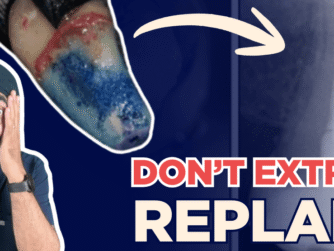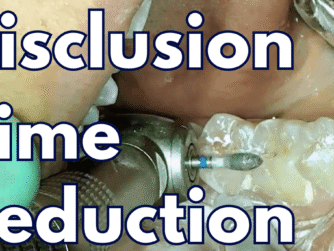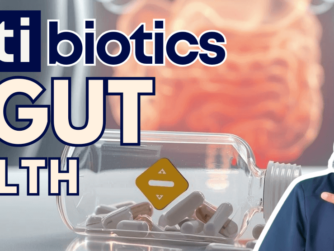Podcast: Play in new window | Download (Duration: 34:57 — 51.1MB)
[Trigger warning: this episode discusses topics related to mental health, depression, self-harm, alcohol abuse, and suicide.]Humans first, Dentists second. We will all have personal rough patches during our career – but how does this impact our work and our patients?
A Protruserati shares his experiences of a toxic marriage, self harm and alcohol dependence – I am so grateful he anonymously shared his valuable insights and lessons for dentists seeking to prioritise their mental well-being.
Throughout the episode we touch on coping strategies, emphasising the value of exercise and physical activity for mental well-being. We also explore the guest speaker’s path to recovery from alcohol abuse, including their positive experience with the Allen Carr course, which aimed to change their perception of alcohol. We delve into their experiences with counselling and highlight the importance of being in the right mindset for therapy to be effective. In addition to this we touch on the HeartMath technique, a powerful self-regulation approach that our guest found beneficial in managing emotions and achieving a sense of calm. Below you can find links to these resources, including the ConfiDental helpline – an accessible and confidential listening service designed specifically for dental professionals.
- Allen Carr EasyWay – www.allencarr.com/easyway-stop-drinking/
- HeartMath – www.heartmath.com
- ConfiDental – 0333 987 5158
Access premium clinical videos by Jaz and gain CPD for Podcast episodes via the Protrusive.app
Need to Read it? Check out the Full Episode Transcript below!
Highlights of the episode:
04:22 Our guest’s story
12:32 HeartMath
14:59 Poker face
18:33 Going to work mentally unwell
21:00 Leaving toxic environments
27:38 Advice for those struggling
31:34 Reaching out
If you liked this episode, you should check out Toxic Work Cultures in Dentistry – Time for a Change?







